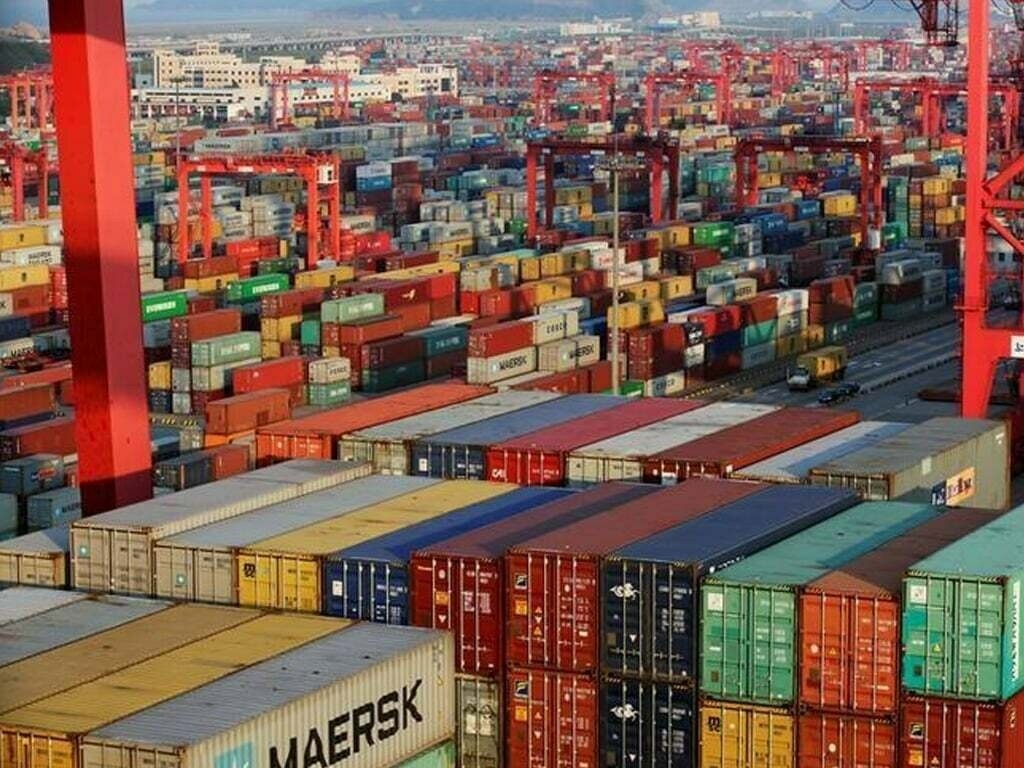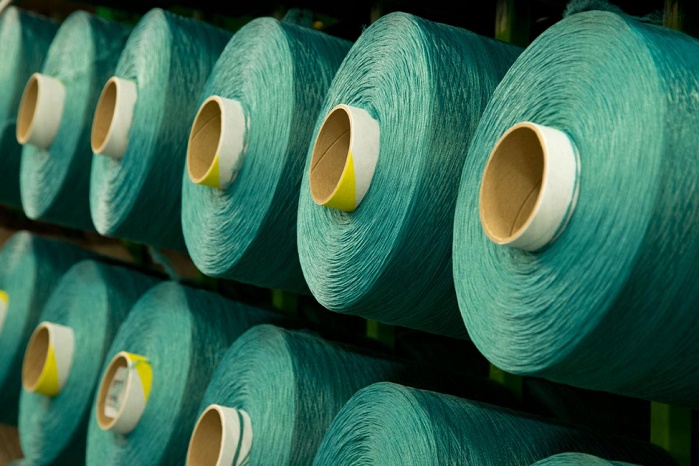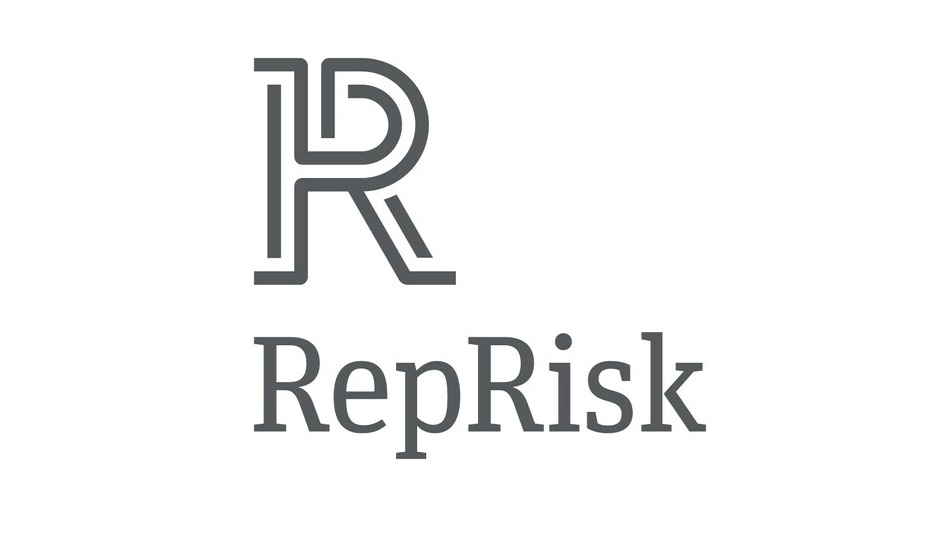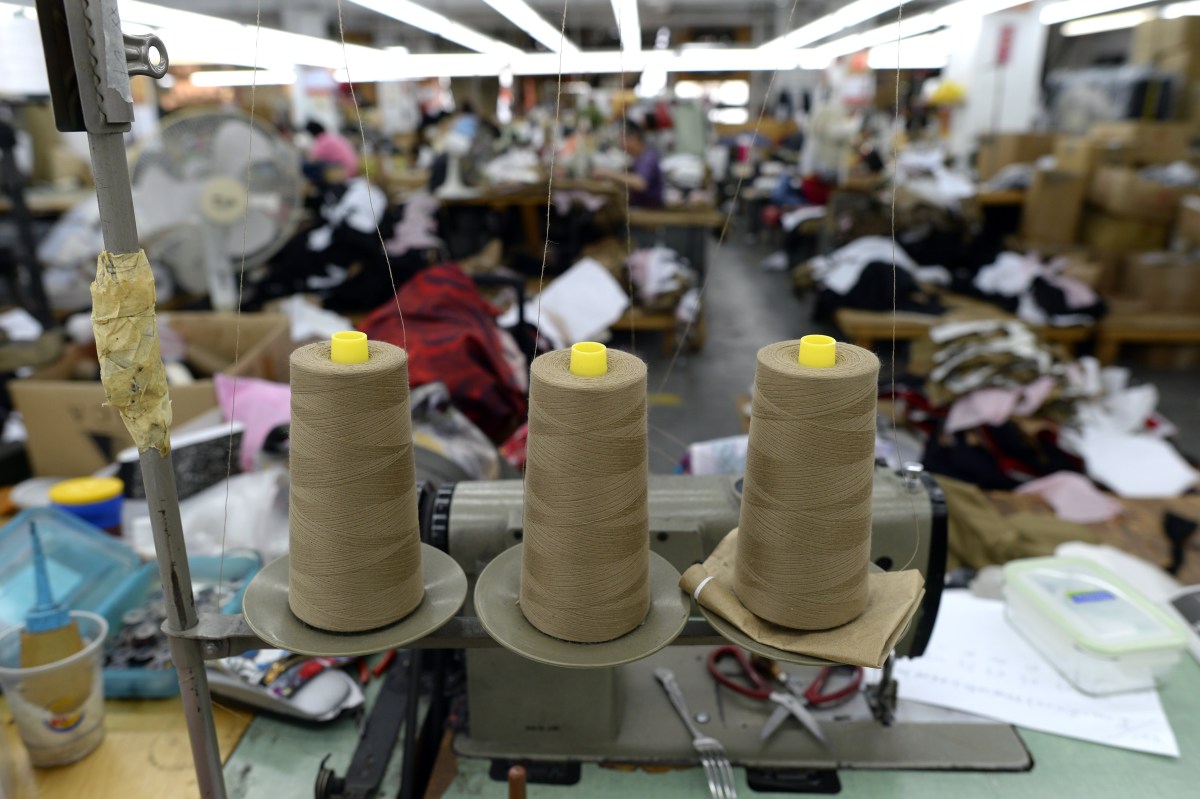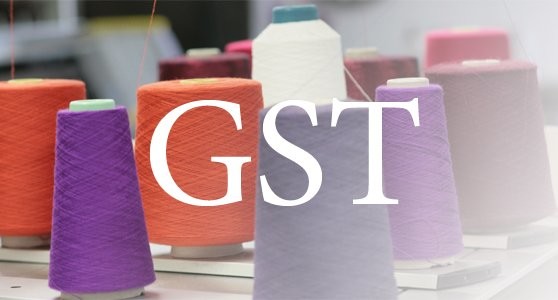Wool has a reputation as a product with poor environmental credentials. Significant land use is required to farm sheep.
But the IWTO (International Wool Textile Organisation) disputes this view. It intends to combat the perceived negative qualities of its product versus other fibers.
Industry LCAs (Life Cycle Assessments) have frequently ranked wool as lagging behind its competitors. But those in the wool business believe this is wholly inaccurate as the assessments don’t take into account a range of factors or the longevity of the product once it leaves the farm.
IWTO feels wool is often unfairly classified by powerful organisations promoting petroleum based fibers that do not measure performance on a cradle to grave basis. According to the IWTO, around 80 per cent of wool’s environmental impacts occur up to the farm gate and so LCAs which disregard a textile’s longevity after that point provide a skewed rating.
It has also been highlighted by the IWTO that microplastic pollution – one of the largest environmental issues faced by the textile industry – is not included in the calculations, and even ignoring the shedding of micro plastics, woolen garments tend to be domestically laundered far less than other materials.
Wool producers say many areas of land where sheep are farmed are often unsuitable for any other kind of agriculture or lucrative crop cultivation and that there are several bi-products from sheep farming which are not taken into account when calculating a fiber’s score.
Slur on wool, says IWTO
- 1
- 2
- 3
- 4
- 5
- 6
- 7
- 8
- 9
- 10
Nomura Report: Asian exporters absorb tariffs, rethink supply chains
As global trade enters a period of recalibration, Asian exporters are bearing the brunt of escalating US tariffs while simultaneously... Read more
Fashion's New Fit: Tailoring and alteration services stitch a story of growth
From the runways of Paris to the digital storefronts of global e-commerce, the fashion industry is changing. As consumers increasingly... Read more
Luxury brands swap leases for deeds as global real estate strategy shifts
Luxury fashion houses are increasingly choosing to buy, not rent, the world’s most coveted retail spaces, marking a sharp shift... Read more
STAR Network joins hands with Fashion Industry Charter for Climate Action to adv…
An inter-regional alliance of garment producer associations, The Sustainable Textiles of the Asian Region (STAR) Network, has reaffirmed its commitment... Read more
More than a lookalike, 'dupe' culture is forcing premium brands to innovate
The $4.5 trillion global luxury market is under siege, not just from the traditional counterfeiters operating in back alleys and... Read more
Recycling at Risk: How virgin polyester growth threatens fashion’s green goals
The global fashion industry is facing a sobering contradiction. Even as some of the world’s largest apparel brands proudly champion... Read more
The BRICS+ Fashion Summit: Redefining fashion business in a new global order
The recently concluded BRICS+ Fashion Summit & Moscow Fashion Week ( Aug 28 to September 2, 2025) has solidified its... Read more
Beyond the label, RepRisk flags human rights and environmental hazards in fashio…
The global apparel and textile industry, long celebrated for its role in democratizing fashion and creating jobs across continents, is... Read more
Made abroad, worn at home imports are replacing US garment production
The story of America’s clothing industry is one of contrast: booming demand from consumers but shrinking capacity at home to... Read more
Uniform GST rate ends duty anomalies, brings relief to textile manufacturers
When Finance Minister Nirmala Sitharaman rose to chair the latest GST Council meeting, few expected the sweeping changes that would... Read more

